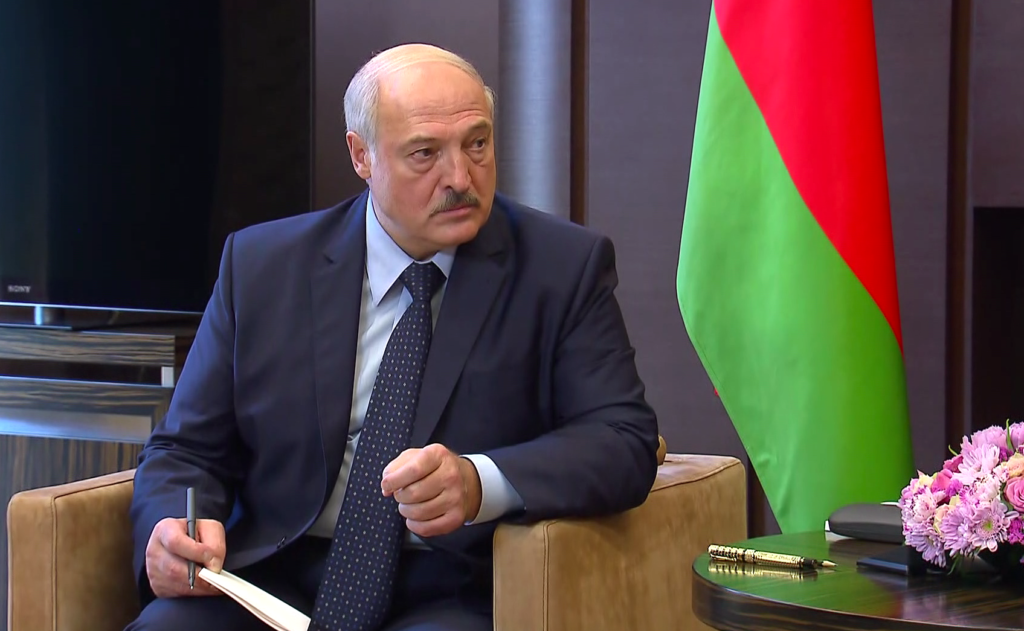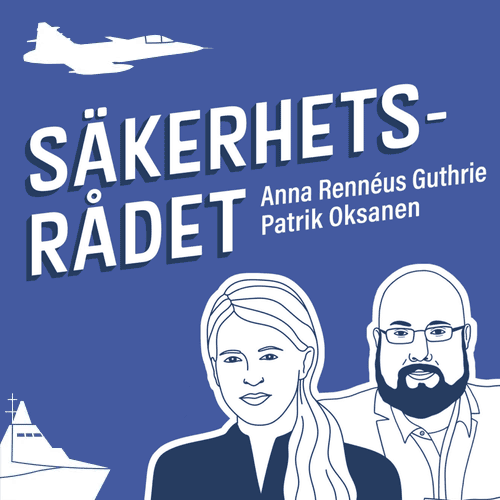The West’s sanctions on Belarus do too little and came too late.

Lukashenka.
On the anniversary of the stolen Belarusian presidential election on August 9, the United Kingdom, the United States, and Canada followed the sectoral EU sanctions that were imposed on June 24. All these Western countries have imposed severe personal and economic sanctions, but they leave much to be desired.
The West imposes ever more sanctions on various countries and people, as it feels that it has to protest concretely, while it sensibly does not go to war. The thinking about sanctions is evolving. The three preferred kinds of sanctions are personal sanctions against the leader and his cronies, financial sanctions, and technology sanctions. The latter dominated during the Cold War. Trade sanctions are only imposed in extreme cases, such as Cuba, Venezuela, Syria, Iran, and North Korea, because they breed isolation, more state control, and organized crime. Belarus has now become an extreme case, as the West has sanctioned its trade with petroleum products, potash, and tobacco.
While the nature of sanctions appears well considered, the strategy of sanctions appears flawed. It is based on two thoughts. First, the aim of sanctions is to make the ruler reconsider his policies and ease his repression. The second idea is that there must be “headroom” for more sanctions. Therefore, sanctions must be incremental.
In the case of Belarus, these ideas are misplaced. The West does not want Alyaksandr Lukashenka to change his behavior, but to go. Then, massive sanctions should have been imposed fast and hard. Belarus experienced large-scale public protests every Sunday for half a year until February, when Lukashenka with hard repression managed to regain control.
Another Belarusian peculiarity is that Russia’s President Vladimir Putin wants to maintain Belarus as his protectorate. Russia can afford to support Belarus financially. In the early 2000s, Russia spent about $6 billion a year on Belarus, essentially through subsidized oil and gas supplies. Recently, it has only spent about $2 billion a year on subsidized energy deliveries and cheap credits.
The new Western sanctions might cost Belarus $2-4 billion a year. With its international currency reserves of about $600 billion, Russia can easily afford that. It spends $5 billion a year on occupied Crimea and probably almost as much on occupied Donbas. Yet, Putin is reluctant to spend that money. A fair guess is that in the end Putin will spend as much as is necessary to keep the Belarusian macroeconomic balance, while he couldn’t care less about economic growth. The Belarusian economy has been stagnant since 2012 and the Russian since 2014. Economic growth is not Putin’s thing. He prefers autocracy and kleptocracy.
Importantly, Putin has altered his attitude to Lukashenka. As long as the public protests were going on, Putin cold-shouldered him, and it was widely speculated that he would be happy to see another, more pro-Russian, Belarusian leader. After Lukashenka with great violence managed to control the protesters, he gained Putin’s respect and they meet almost every month. Lukashenka has entered Putin’s golden circle of great oppressors, including Bashar Al-Assad, Muammar Ghaddafi, and Nicolás Maduro.
For these reasons, the West should not have moved incrementally but hit hard with early, massive sanctions. The aim should have been to keep Lukashenka out of balance, to deprive him of credibility with Putin, and to scare Putin with the instability and cost of Belarus. The West blew its best opportunity with flawed thinking about sanctions. It might be too late to rectify the strategy now, as Lukashenka might have secured his dictatorship and impressed on Putin that he is worth financial support. Yet, it is better to pursue sound than flawed policies.
President Joe Biden has spoken extensively about renewed cooperation and coordination with allies, notably the EU, but also the UK, Canada, and others. In the new Belarusian sanctions, the EU acted fast and hard on June 24 in response to the Ryan Air hijacking. The US, the UK, and Canada took another month and a half for no clear reason. While their sanctions are similar, the differences are also striking. The EU and the UK sanctioned the issuing of sovereign debt, while the US did not. The EU excepted most of the Belarusian potash exports from sanctions, while the US did not. Nor did any of these four players explain their differences.
All the sanctions are laudable for having hit Lukashenka’s cashiers in energy, tobacco trade, and construction. However, the EU rightly sanctioned the most important and outrageous Russian oligarch in the Belarusian economy, Mikhail Gutseriev, but the US did not.
The Biden National Security Council appears strangely afraid of “provoking” Russia, which indicates that they do not understand that the only sensible way of dealing with Russia is to carry a big stick. The contrast between Biden’s tough talking on Russia and his NSC’s soft actions is becoming ever starker. The administration is getting an increasing credibility problem. Why didn’t Biden sanction Nord Stream 2 in line with US laws and his own statements? Why did he accept an empty agreement with Angela Merkel on this topic? Why did the NSC stop US destroyers from entering the Black Sea in support of Ukraine during the Russian arms buildup in April? And ultimately, why did Biden invite Putin to a meeting in Geneva? One wonders whether the current NSC leaders can last for long.
While the West imposes sanctions on Belarus, the International Monetary Fund has just decided to give Belarus $1 billion in a new allocation of Special Drawing Rights on August 23. None of the country statements on August 9 even mentioned this contrarian event or whether they somehow could stop it.
In short, it was a relief to see that the UK, the US, and Canada followed the EU lead on sanctions on Belarus, but the overall impression is too little and too late.
Anders Åslund is a Senior Fellow at Stockholm Free World Forum and the author of “Russia’s Crony Capitalism: The Path from Market Economy to Kleptocracy.”
